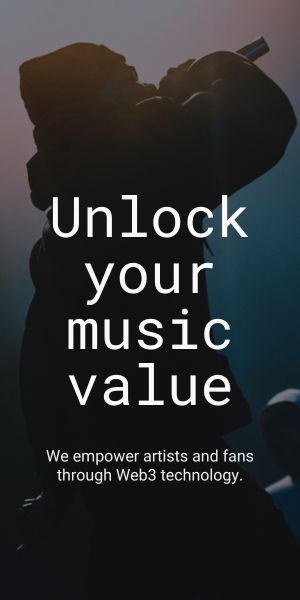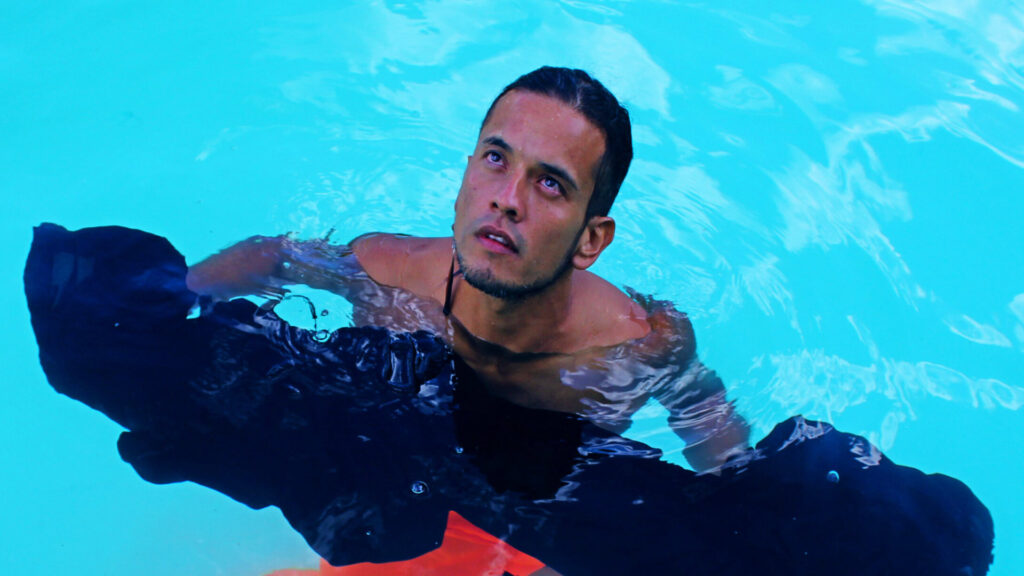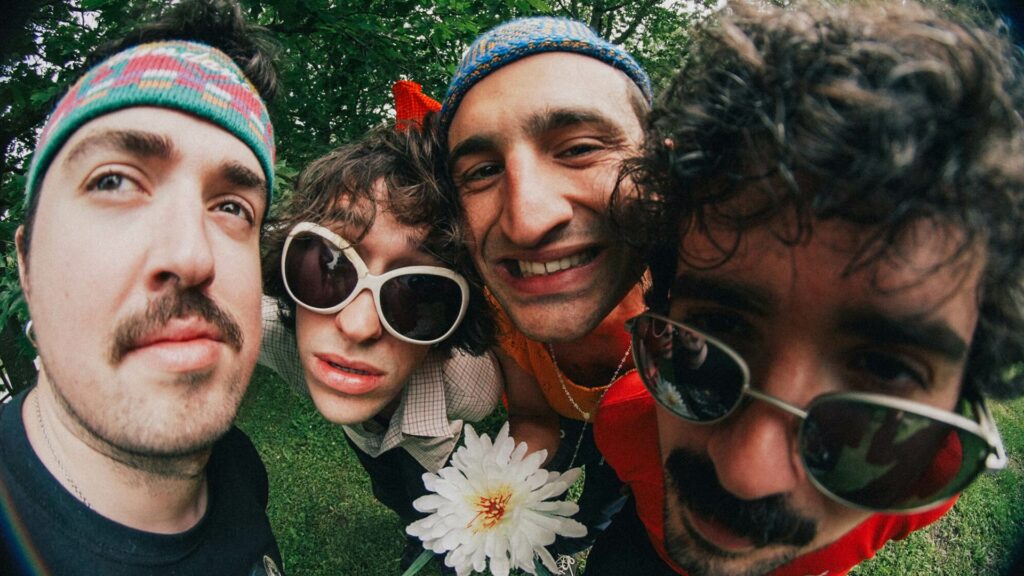Lizzie Esau’s earliest memories all revolve around music. Growing up in an environment where creativity was encouraged, her early years saw her explore diverse musical genres ranging from hefty rock tones (Red Hot Chilli Peppers, Radiohead) influenced by her sound technologist dad to the empowering female icons (Joni Mitchell, Imogen Heap) introduced by her mum. She later found her inspiration in modern acts like Wolf Alice and Beabadoobe. Despite different currents pulling her in other directions, she never steered away from this path. Instead, she began scouring for local opportunities, attending all the open mic sessions the Northeast offered.
Now 24 years old, her career constantly evolves, guided by an insatiable hunger for writing songs and creating memorable live music. She and her band, formed by Jon Bennison, Robb Maynard and Shaun ‘Chippy’ Chip, established unique sound and live music experiences by being the supporting act for artists such as Baby Queen, The Amazons and Upsahl, alongside stepping on stages of BBC Radio 1’s Big Weekend, Boardmasters and many more. Entering Lizzie Esau’s artistic world is like stepping inside the mind of a confused person in their early 20s while navigating the world and all the emotions that come with it.
“The music is essentially a dramatised version of things that I feel blow up into full arrangements with heavy influence from rock, pop and alternative bands that I love.”
Esau’s music can be perfectly depicted as a mirror of her soul and mind, a plethora of feelings stringed along by pop and rock vibrations. She said: “Exactly, it tends to be anything that crosses my mind, especially the more negative or confusing thoughts that I have going on in my head as they tend to make the best lyrical content for songs as I can understand more about my emotions through this process.”
“As an artist and member of a band, I am privileged to be constantly surrounded by individuals I feel I am very comparable to, through similar music tastes, morals, and passions. I believe culture can be related to this. Collectives of people come together to share creative things that they love and identify with each other in a way that creates a community.”
When asked how she wants to influence this culture, Esau answered: “I think by just being as true as I can at the time to what I love and continue making music that I relate to and believe in as well as not being afraid to speak up on political issues that I feel strongly about and interweaving that into the music as I gain more confidence. ”
She hopes her music will reach as many people as possible, an artist’s primordial desire to be able to leave something behind through their art. Evoking an emotion that is far from fleeting, a long-lasting puncture that will resemble in some ways the same amount of feeling and energy put into the music by her to make it as powerful and purposeful as it possibly can be.
“You see, being an artist surely has its struggles, but I always consider myself lucky to know exactly what I want to do in life and to have found something at such a young age that can bring me so much happiness whenever I need it! So many people perhaps do not have that, and although stability is great, I never crave it. I have song ideas constantly flying around my head. I wake up every day constantly thinking about where the music will go next and how I can let more people know about it. My whole team and I work towards making a living from it, but we always enjoy where we are at the time.“
One of many song ideas became ‘Wait Too Late’. She has had this song in her repertoire for a while now, patiently waiting for the proper production to fall on its lap.
“For me, it is a powerful, emotional and political song. It speaks about what is happening in the world right now – the lyrics refer to how we sit back and watch the tragedies around the world unfold, and it feels like we’re powerless and useless to make a change.”
Young artists are like vessels, carrying around the current of change we need to act on in this climate. Lyrics such as “We’re killing the wildlife, and we’re emptying the seas, to fill them with bodies who longed for shores they’d never reach” are powerful and emotionally disarming. Lizzie Esau’s single disarms us from judgments and second-guessing.
Being able to reach out to as many people as possible with this music and messages is fundamental. Hence why sometimes marketing can be vital in situations like these, Esau explained: “I think apps like TikTok have made marketing more accessible to everyone, meaning you don’t need to get your music to wide audiences, just a bit of luck and lots of consistency! I like this idea, but the reality sometimes feels like a bit of a lottery, but I try not to think too deeply about it. I enjoy thinking of ways to promote the music but do not let myself think too seriously about it. I think it is important to remind myself that the quality and honesty of the music and making songs we are proud of will always stand the test of time.”
Undoubtedly, Esau’s music will withstand the test of time. Ever since she could remember, she wanted nothing more but for this to be her life purpose and aspiration.
“I think the best thing is knowing what I love and what I want to do in life and always having something to work towards. I think the worst thing is that it is always so easy to compare yourself in this industry or feel like you’re not doing good enough or that things are happening fast enough, but when you look back, you will l realise that’s not the case. The good outweighs the bad for sure!“
If you want to see Lizzie Esau and her band give it their all, be on the lookout for the festival season. The songs will come to life even more once the instruments are tuned in, Lizzie takes hold of the stage, and she will let the music do the talking.
Cover photo by Storm Hudspith Walker
Next story


